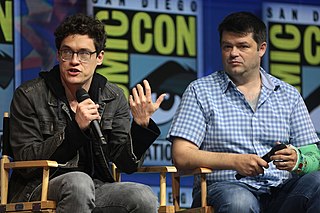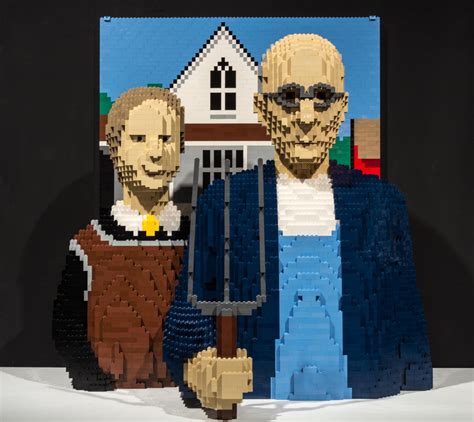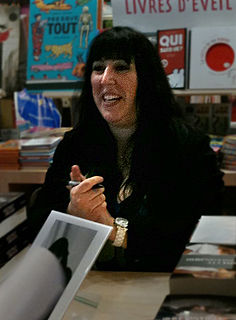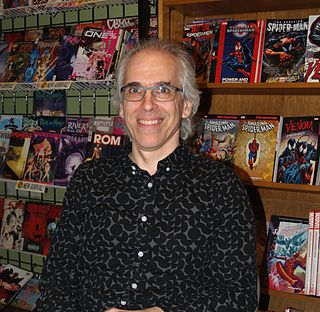A Quote by Jorgen Vig Knudstorp
Lego allows all levels of complexity. But a child can do their own thing at any level. They can built a pirate ship, for example, and then mash it up with completely different things.
Related Quotes
The English also had a reputation, shared with the Dutch, for blowing up their ships to avoid capture. In 1611, for instance, the Spanish Admiral Don Pedro de toledo captured a Turkish pirate ship, but its English consort, 'being wont to seek a voluntary death rather than yield, blew up their ship when they saw resistance useless'. Blowing up their ships, or at least threatening to do so, would become standard pirate practice.
Considering LEGO's considerable brand equity, you might expect that the company must have a marketing budget in the billions. Not so. In fact, LEGO's marketing budget is so modest that if I recorded it here, you'd probably think it was a typo. LEGO doesn't do its own talking; it lets LEGO maniacs talk for it.
LEGO is universal. So many people enjoy it, from all different walks of life, all different ages, all different cultures. When I was in Africa, I had LEGO bricks with me and I met some people who had never heard of LEGO, they had never seen it before and yet as soon as I gave them a few bricks, they immediately got it.
A mother should have some fantasy about her child's future. It will increase her interest in the child, for one thing. To turn the fantasy into a program to make the child fly an airplane across the country, for example, isn't the point. That's the fulfillment of the parent's own dreams. That's different. Having a fantasy - which the child will either seek to fulfill or rebel against furiously - at least gives a child some expectation to meet or reject.


































